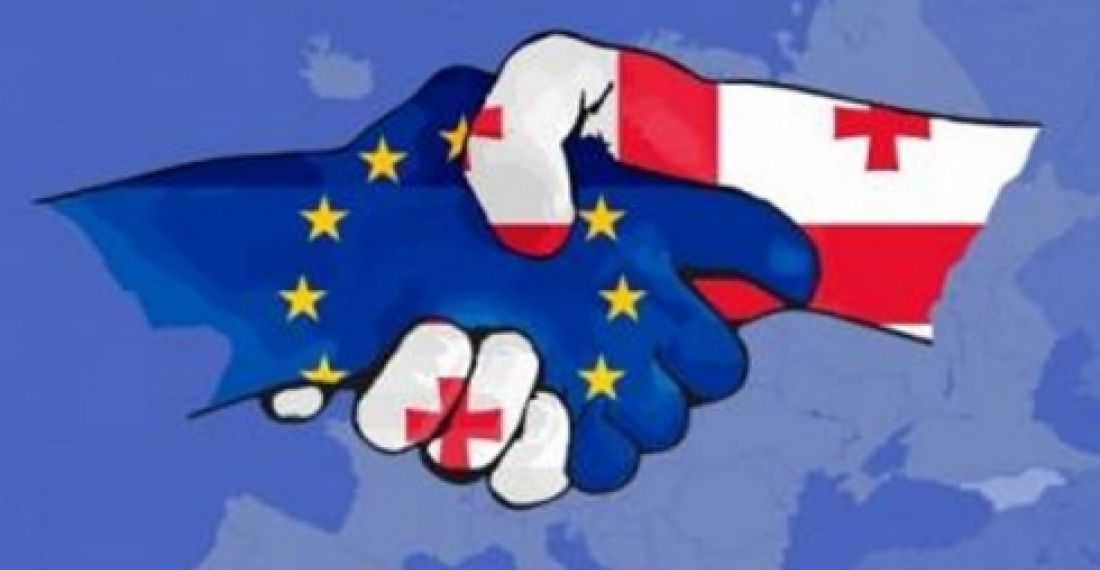The European Union has allocated a new package of financial assistance for Georgia to help it implement the Association Agreement that the two sides signed last year. The value of the package is one billion Georgian Lari (410 million euros).
European Commissioner Johannes Hahn, who is in charge of the European Neighbourhood Policy and Enlargement Negotiations announced the package following a meeting in Luxembourg with Georgia's Foreign Minister Tamar Beruchashvili.
Hahn said that a part of the financial package would be used to boost micro and small business entrepreneurship in Georgia from now until 2017. He said that this would help Georgia implement the Deep and Comprehensive Free Trade Area, which was the part of the Association Agreement
A formal decision on the financial package will be taken at the upcoming Riga Eastern Partnership Summit scheduled in May, but Commissioner Hahn said that the money has already been allocated.
source: commonspace.eu







